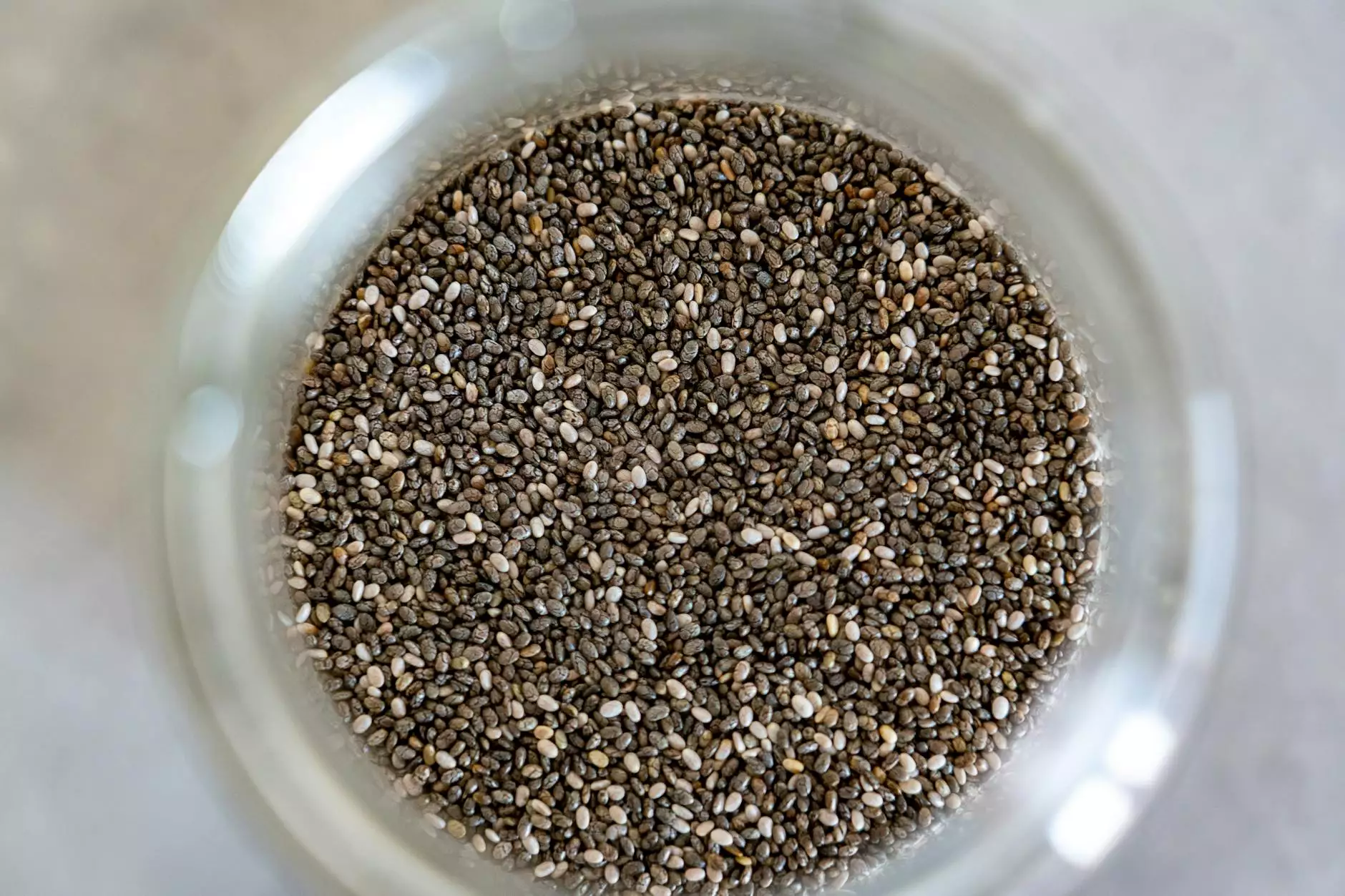The Importance of a Lung Doctor in Modern Healthcare

Respiratory health is a crucial aspect of our overall well-being, often overlooked until challenges arise. A lung doctor, professionally known as a pulmonologist, plays a pivotal role in diagnosing, treating, and managing conditions that affect the lungs and respiratory system. In this comprehensive article, we will explore the significance of lung specialists, the common conditions they treat, and how they contribute to enhancing patient health.
Understanding the Role of a Lung Doctor
A lung doctor specializes in the diagnosis and treatment of diseases related to the lungs and respiratory system. Their expertise extends to a variety of pulmonary conditions that can significantly impact an individual’s quality of life. These specialists are trained to handle complex respiratory issues that range from infections to chronic diseases.
Education and Training of a Lung Doctor
To become a lung doctor, an individual typically follows a rigorous educational pathway. This includes:
- Obtaining a bachelor’s degree with a strong foundation in sciences.
- Completing medical school to earn a medical degree (MD or DO).
- Undergoing a residency in internal medicine, which typically lasts three years.
- Engaging in a fellowship in pulmonary medicine, gaining specialized knowledge and training specific to respiratory health.
Common Conditions Treated by a Lung Doctor
Lung doctors manage a variety of conditions, some of which are more prevalent than others. Here are a few key conditions that emphasize the necessity of consulting a lung doctor:
1. Asthma
Asthma is a chronic condition characterized by inflammation and narrowing of the airways, leading to difficulty in breathing. A lung doctor specializes in managing asthma through effective treatment plans which may include:
- Inhalers (bronchodilators and steroids)
- Avoidance strategies for triggers
- Education on managing asthma attacks
2. Chronic Obstructive Pulmonary Disease (COPD)
COPD is a progressive lung disease that includes emphysema and chronic bronchitis. A lung doctor can help patients with COPD by:
- Administering medications to reduce symptoms
- Creating a personalized rehabilitation program
- Providing oxygen therapy when necessary
3. Lung Infections
Infections such as pneumonia or tuberculosis (TB) are serious conditions requiring specialized care. Lung doctors utilize their expertise to:
- Diagnose the specific type of infection through imaging and lab tests
- Prescribe appropriate antibiotic or antiviral treatments
- Monitor recovery and manage long-term effects if necessary
4. Lung Cancer
Lung cancer remains one of the leading causes of cancer-related deaths worldwide. A lung doctor plays a critical role in:
- Conducting diagnostic tests such as CT scans and biopsies
- Developing treatment plans that may include surgery, chemotherapy, or targeted therapies
- Providing support and resources for patients and their families
Why You Should See a Lung Doctor
Proactive lung health management is essential, especially if you experience symptoms like persistent coughs, shortness of breath, or wheezing. Here are several reasons to consult a lung doctor:
Early Diagnosis
Many respiratory diseases benefit from early diagnosis. Lung doctors are equipped to identify conditions that may otherwise go unrecognized in their early stages.
Personalized Treatment Plans
Each patient is unique, and lung doctors create personalized treatment plans that consider individual health backgrounds and specific conditions.
Access to Advanced Treatments
Lung specialists stay at the forefront of medical advancements in respiratory care, providing access to treatments like advanced bronchoscopic procedures and state-of-the-art therapies.
Holistic Approach to Respiratory Health
Lung doctors integrate various aspects of health and wellness, often working with other healthcare professionals such as dieticians, physiotherapists, and allergists to ensure comprehensive care.
How a Lung Doctor Works in Conjunction with Other Medical Professionals
The healthcare system operates as a team, and lung doctors collaborate with various specialists to provide complete care. This collaboration might include:
1. Primary Care Physicians
Primary care doctors often initiate referrals to lung specialists based on symptoms detected during routine check-ups. This partnership ensures patients receive timely expert care.
2. Allergists
For patients with conditions linked to allergies, lung doctors may work closely with allergists to determine if allergens are contributing to respiratory issues. Together, they can formulate integrated treatment strategies.
3. Physical Therapists
Physical therapists often assist in respiratory rehabilitation, particularly for patients with COPD or post-surgical patients who require pulmonary rehabilitation. Working together, they develop exercise programs that enhance lung function.
Understanding Diagnostic and Treatment Procedures
Lung doctors employ a range of diagnostic tools and procedures to assess lung health:
Diagnostic Tools
The following are common diagnostic methods used by lung doctors:
- Chest X-rays: Useful for identifying abnormalities in lung structure.
- CT Scans: Detailed images provide better insight into lung conditions.
- Pulmonary Function Tests: Measure how well your lungs are working.
- Bronchoscopy: A procedure that allows doctors to look inside the lungs and take tissue samples.
Treatment Procedures
The treatment plan developed by a lung doctor may include:
- Medications: From inhalers to systemic treatments, individualized based on the diagnosis.
- Oxygen Therapy: Essential for patients with low oxygen levels.
- Lung Rehabilitation Programs: Incorporate physical exercises and education.
- Surgical Interventions: Required in severe cases, such as lung cancer.
Finding The Right Lung Doctor
Choosing the right lung doctor is a vital part of ensuring optimal respiratory health. Here are some tips to consider:
1. Check Credentials
Ensure your lung doctor is board-certified in pulmonary medicine and has a good standing with professional medical associations.
2. Experience Matters
Consider a specialist who has significant experience in treating your specific condition.
3. Communication Style
Choose a lung doctor who listens actively and explains conditions and treatments clearly.
4. Reviews and Recommendations
Look for patient reviews and recommendations, which can provide insight into the doctor’s approach and care quality.
Conclusion
In conclusion, the role of a lung doctor is invaluable in today’s healthcare landscape. Their expertise in managing respiratory health, diagnosing and treating conditions such as asthma, COPD, lung infections, and lung cancer, establishes them as a critical component of a multidisciplinary healthcare team. Timely visits to a lung specialist can greatly improve quality of life and potentially save lives. Understanding when and why to see a lung doctor is essential for maintaining optimal lung health.
By prioritizing respiratory health and engaging with a lung doctor, individuals can navigate challenges in lung health more efficiently and enhance their overall well-being.







